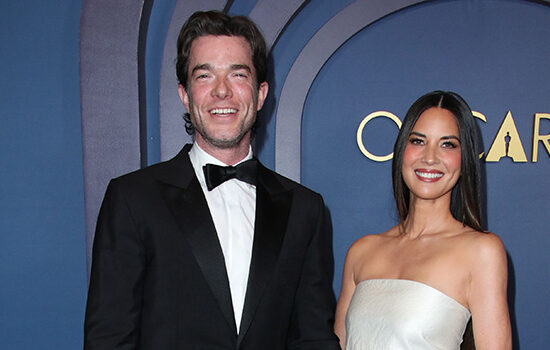![[BOOK REVIEW] The Hollywood Standard: The Complete and Authoritative Guide to Script Format and Style (3rd Edition) – by Christopher Riley [BOOK REVIEW] The Hollywood Standard: The Complete and Authoritative Guide to Script Format and Style (3rd Edition) – by Christopher Riley](https://timewarnerent.com/wp-content/uploads/2023/05/BOOK-REVIEW-The-Hollywood-Standard-The-Complete-and-Authoritative-Guide.jpg)
INT. BASEMENT OFFICE – RAINDANCE FILM SCHOOL – NIGHT
The WRITER (early 50s), balding, could be in better shape but he’s a slave to his work and not the gym. Hunched over his laptop the Writer stares at a blank screen. Thinking. Suddenly a flurry of TYPING.
INSERT COMPUTER SCREEN:
INT. BASEMENT OFFICE – RAINDANCE FILM SCHOOL – NIGHT
BACK TO: The Writer YAWNING.
THE WRITER (V.O.)
Nothing like a looming deadline
to help get things done. Everything
except hitting that looming deadline.
Cleaning. I tend to clean a lot
when I have a deadline. My flat and
office have never been so clean
The kitchen too. It wasn’t even
my kitchen.
The Writer checks his watch. It’s 8.15pm. Rubs his eyes.
THE WRITER (V.O.)
I’d been tasked with writing a review
of Christopher Riley’s formidable
guide script format and style called
The Hollywood Standard.
I was struggling. How could I write this
review in an interesting way?
What could I say that hasn’t already been
said by way more talented people than me?
What I can say is this book is the bible
and a must-buy for screenwriters of all
levels. Not only does Riley write with
authority about the basics of script
formatting, but he also gives us a vital
chapter on ‘Deadly Mistakes to Avoid’ while
writing one’s screenplay.
I mean, you may have the greatest story
known to humanity, but if you don’t
write with clarity, accuracy and follow
the basic rules, then those hard-to-impress
studio script readers will throw your
hard work and dreams to the proverbial pyre!
The Writer’s mobile phone BUZZES with a text.
Looks at his phone. Eyes roll.
Pushes the phone away.
THE WRITER (V.O.)
Moreover, Riley brilliantly
backs up reems of fine advice, with
examples of classic scriptwriting by
the likes of Vince Gilligan, Guillermo
Del Toro, Jordan Peele, and the Coen
Brothers.
The Writer’s mobile phone VIBRATES from a call.
THE WRITER
(to the PHONE)
Not now!
(won’t go away, so answers)
Yes. . . sorry. I’m tired.
Got stuck here writing this
book review.
(listens)
Soon. . . I know I work too hard.
(listens)
Okay, my dear. . . The book?
It’s brilliant. I’m close to
concluding. Just about to
write how important a clear writing
style is when conveying your
cinematic vision on the page.
(listens)
Funny you should ask, Riley
covers dialogue, action,
dream, montage, flashback
sequences, CAPITALIZATION, sounds,
texts, parentheticals, transitions,
and more. . . Yeah, The Hollywood
Standard is invaluable. . .
I’d better go. Need to get home.
(listens)
Yes, I know this conversation’s
in my head. I’m just typing this for
a meta-conclusion. To be clever.
The review is finished. Got to
start writing that feature film I’m
getting paid for. You’re right!
Right! That fridge won’t clean itself.

Buy the book from here.
Publication from MWP.
Michael Wiese Productions (MWP) was launched in San Francisco in 1976 primarily to produce films. Today, the company is known worldwide having published some 200 books. Some of the bestsellers have been translated into 28 languages, are used in over 1000 film courses, in the Hollywood studios and by emerging filmmakers.
Paul Laight is a screenwriter, filmmaker and blogger. In 2005, he formed Fix Films and has written and produced many shorts and other promos. Many of his films have been screened all over the world at various film festivals. Paul is currently working on feature and short film scripts for future productions. His work can be found here: https://www.youtube.com/c/FixFilmsLtd and here https://thecinemafix.com/















